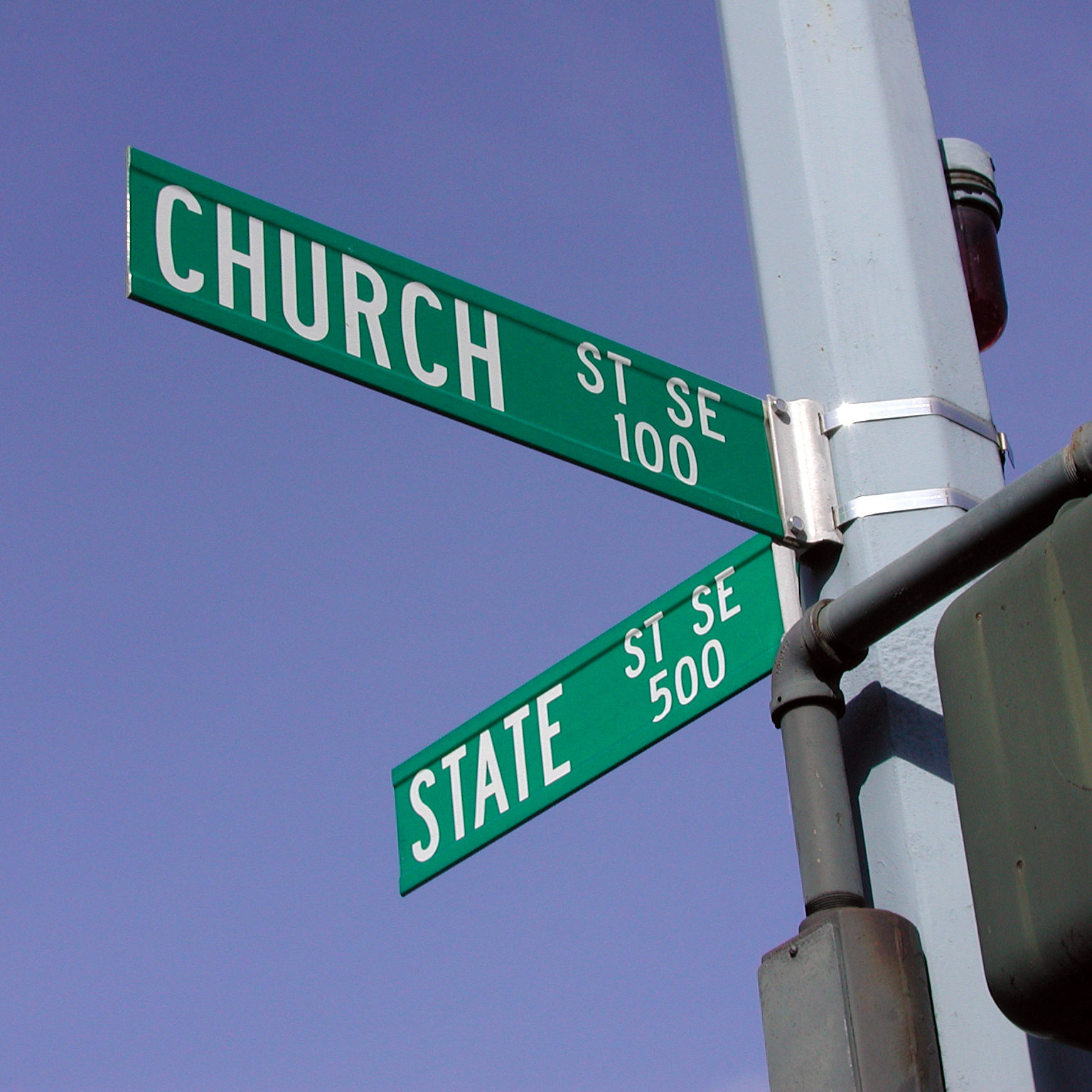 The Freedom From Religion Foundation is denouncing a new Alabama law that will allow a church to set up its own police force.
The Freedom From Religion Foundation is denouncing a new Alabama law that will allow a church to set up its own police force.
Earlier this week, Alabama Governor Kay Ivey signed HB 309 into law, which permits Briarwood Presbyterian Church to form a police squad. The same bill was proposed in 2017 but failed to pass, given serious concerns that it would violate the principle of separation between church and state. This year, the bill was quietly reintroduced and signed into law.
“The new law is unwise, unconstitutional and unnecessary,” FFRF Co-President Dan Barker asserts. The church hires off-duty police officers as private security “all the time,” by its own admission, but has argued that it “would be so much easier to have someone on staff.” It might be marginally easier on the church, but it is ill-advised and fraught with peril.
The Alabama Legislature clearly ignored the implications of the law. What happens when other churches want police forces? And what about when a mosque asks for a police force — a likelihood, given the rise of bias crimes against Muslims. The state cannot play favorites between religious sects.
The law puts police officers on this church force in an impossible situation of divided loyalties. They can only be empowered to uphold and enforce our civil law, but their employer promotes religious law. What happens, as is inevitable, when the two clash? For the officers, the temptation to “enforce the legal observation of [religion] by law” will be great. This was one of the principal evils that the amendment guards against, as James Madison noted in the debate to propose what would become the First Amendment.
The church’s Senior Pastor Harry Reeder III has publicly stated that God’s decree is supreme and must be obeyed even if this means contravening secular law, as he tweeted in 2012. Reeder is strongly against gay marriage and women serving in military combat units. Will the proposed law allow him and his church to discriminate against officers hired to uphold secular principles?
There are currently 17 countries with religious police forces worldwide, according to Pew Research. The list — not one Alabama ought to join — includes Iran, Saudi Arabia, Somalia and Sudan. The pages of history are stained with the blood of those whom Christian and other religious zealots have beaten, tortured and killed in the name of enforcing their religious law.
“Our Founders sought to move away from this violence by relegating government and religion to separate spheres,” FFRF Director of Strategic Response Andrew Seidel wrote in opposition to the bill in 2017. “Authorizing a church police force is precisely the unconstitutional unification of religious zeal and secular power they sought to avoid.”
Briarwood has stated that “ultimately, the church proclaims that its trust is in the Lord of Glory who sovereignly cares and provides for His people.” If that is so, the church should trust in its god and leave law enforcement to our secular government.
“It is incredible that the Alabama Statehouse has failed to recognize this law for the blunder that it is,” adds FFRF Co-President Annie Laurie Gaylor. “If we’ve learned anything from history, it’s that churches should not be in control of law enforcement.”
The Freedom From Religion Foundation, a state/church watchdog, has more than 31,000 members and several chapters all over the country, including many members and a state chapter in Alabama.

